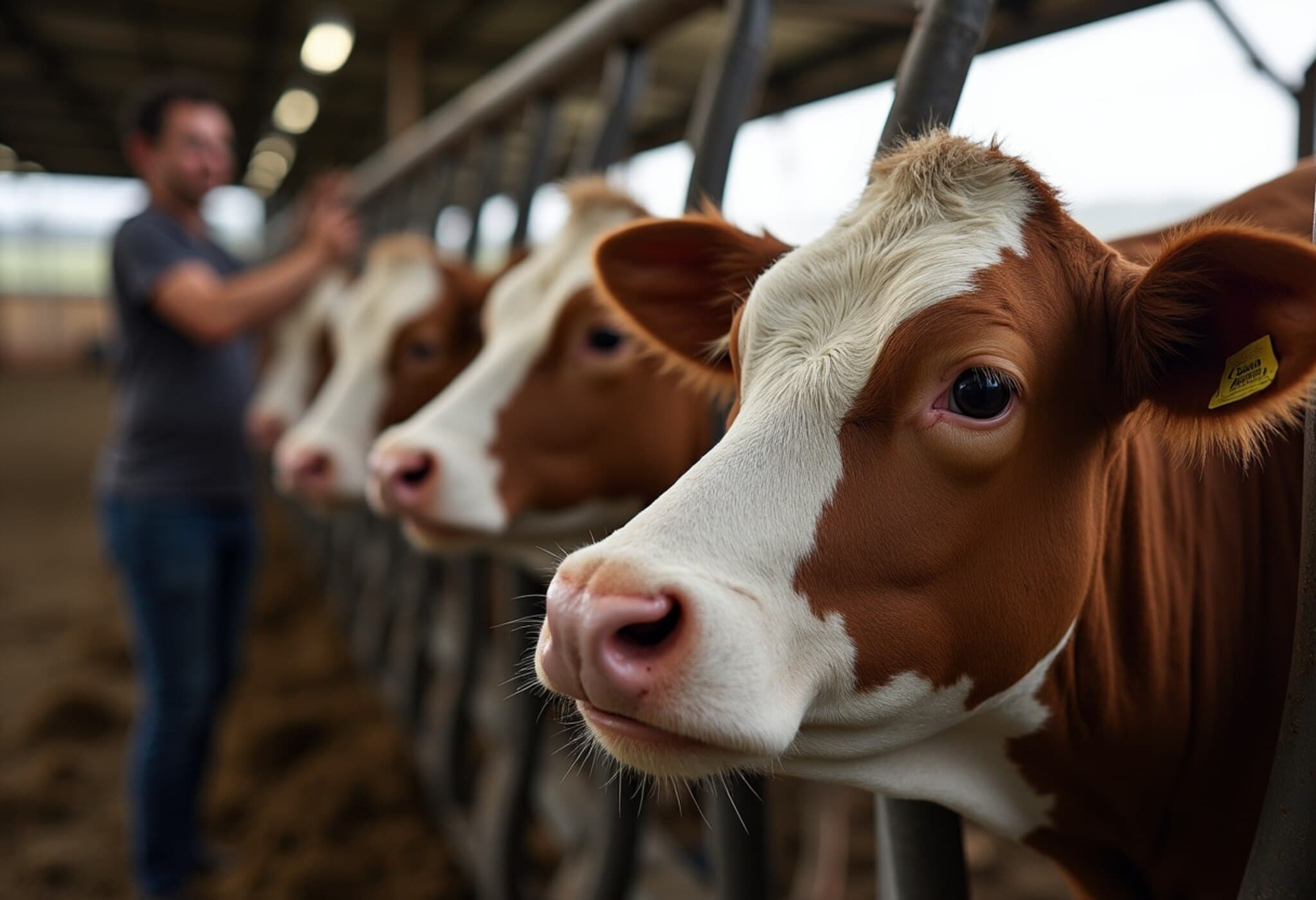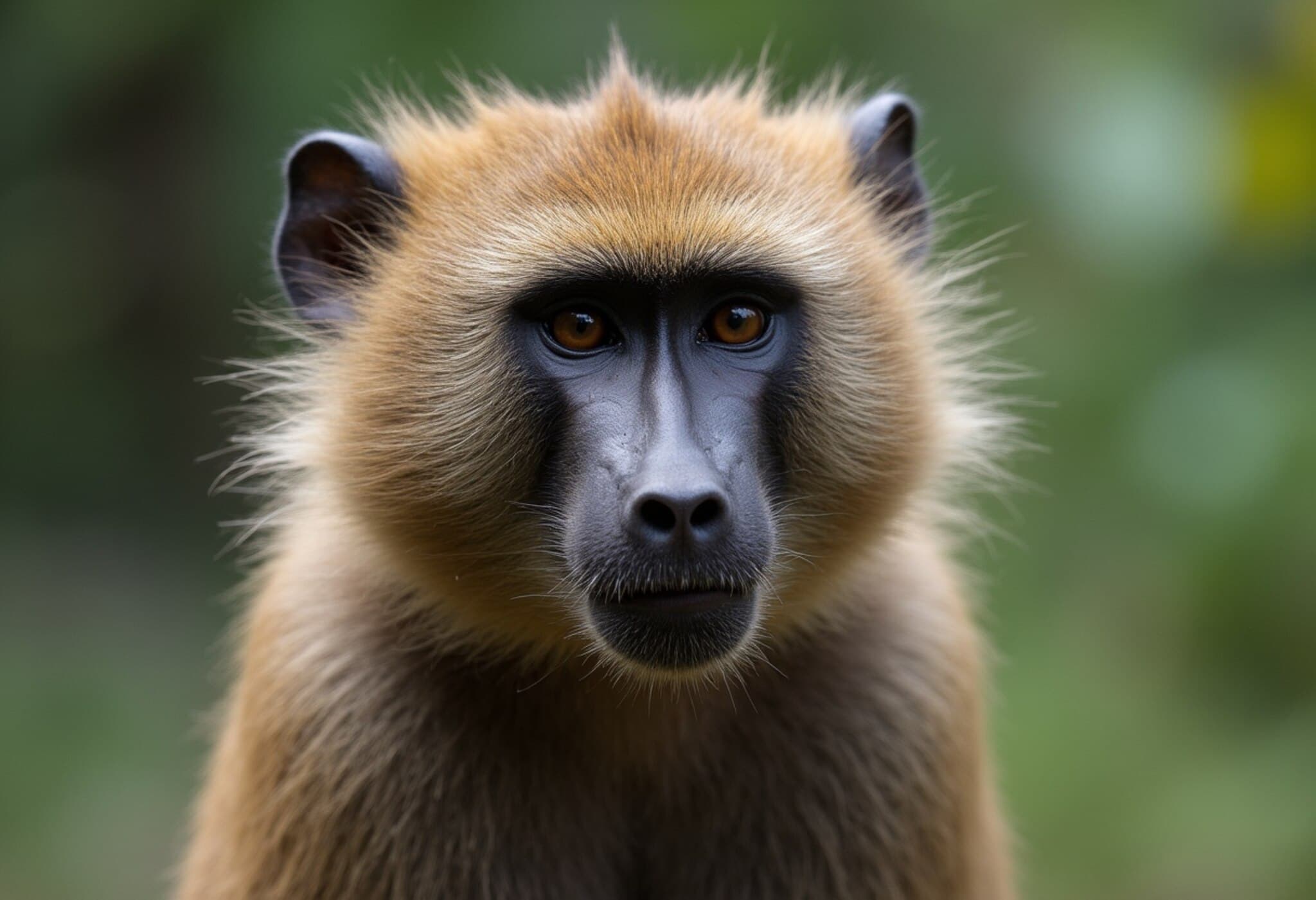South Korea's Historic Move to Ban Dog Meat Trade by 2027
South Korea is set to bring an end to a centuries-old tradition with the nationwide ban of the dog meat industry by 2027. The new legislation, passed unanimously, prohibits the breeding, slaughtering, distribution, and sale of dog meat, reflecting a significant shift in how dogs are perceived—from a source of food to beloved companions.
The Changing Public Sentiment on Dog Meat Consumption
The law underscores the evolving social attitudes in South Korea, particularly among younger generations. What was once considered a traditional practice linked to vitality and culture has fallen out of favor. A 2023 survey revealed that only 8% of South Koreans consumed dog meat—shrinking drastically from 27% in 2015.
The Fate of Over Half a Million Dogs
Data from the Ministry of Food, Agriculture, Forestry and Fisheries shows that in 2022, over 520,000 dogs were raised on more than 1,100 farms across the country. While animal rights groups hope many of these dogs will be rehomed, rescue shelters are already stretched thin. Concern grows over the possibility of widespread abandonment as the ban takes effect, presenting a profound ethical and logistical challenge.
Economic and Social Impact on Those in the Dog Meat Industry
For farmers, vendors, and restaurant owners whose livelihoods depend on dog meat, the ban brings uncertainty and frustration. Chan-woo, a dog meat farmer for the past decade, voices a common concern: "Everything is up in the air. The government says it will assist us, but we don’t know how or when. People are desperate."
Older farmers worry about slipping into poverty, while younger generations fear losing their future prospects altogether. There are growing worries that the dog meat trade could persist covertly, away from regulation and oversight.
In response, the government has pledged financial support, including an annual allocation of approximately 6 billion Korean won to expand animal shelters and offer up to 600,000 won per dog to farmers willing to close operations early.
Public Divides as Society Grapples with Tradition and Change
Despite broad support for the ban, opposition remains. Some dog meat sellers accuse the government of bowing to external pressures and infringing on personal freedoms, challenging the distinction made between dogs and other farm animals. "Why are dogs treated differently when other animals are slaughtered daily?" one protester remarked.
On the other hand, animal welfare advocates stress the special place dogs hold in Korean homes today as cherished pets, not food items. Moreover, unlike other meats, dog meat has historically operated outside official food safety and hygiene frameworks, raising serious concerns about regulation.
The Declining Practice of Dog Meat Consumption
While dog meat remains legal in other countries, it is rapidly losing acceptance domestically. A 2024 government poll found just 3.3% of respondents planned to continue eating dog meat after the ban’s enforcement, highlighting a dramatic cultural shift.
As activist Ms. Chun explains, "People’s views have evolved. Dogs are no longer viewed as food, but as family members." This sentiment encapsulates the deeper societal change underlying the new legislation.






